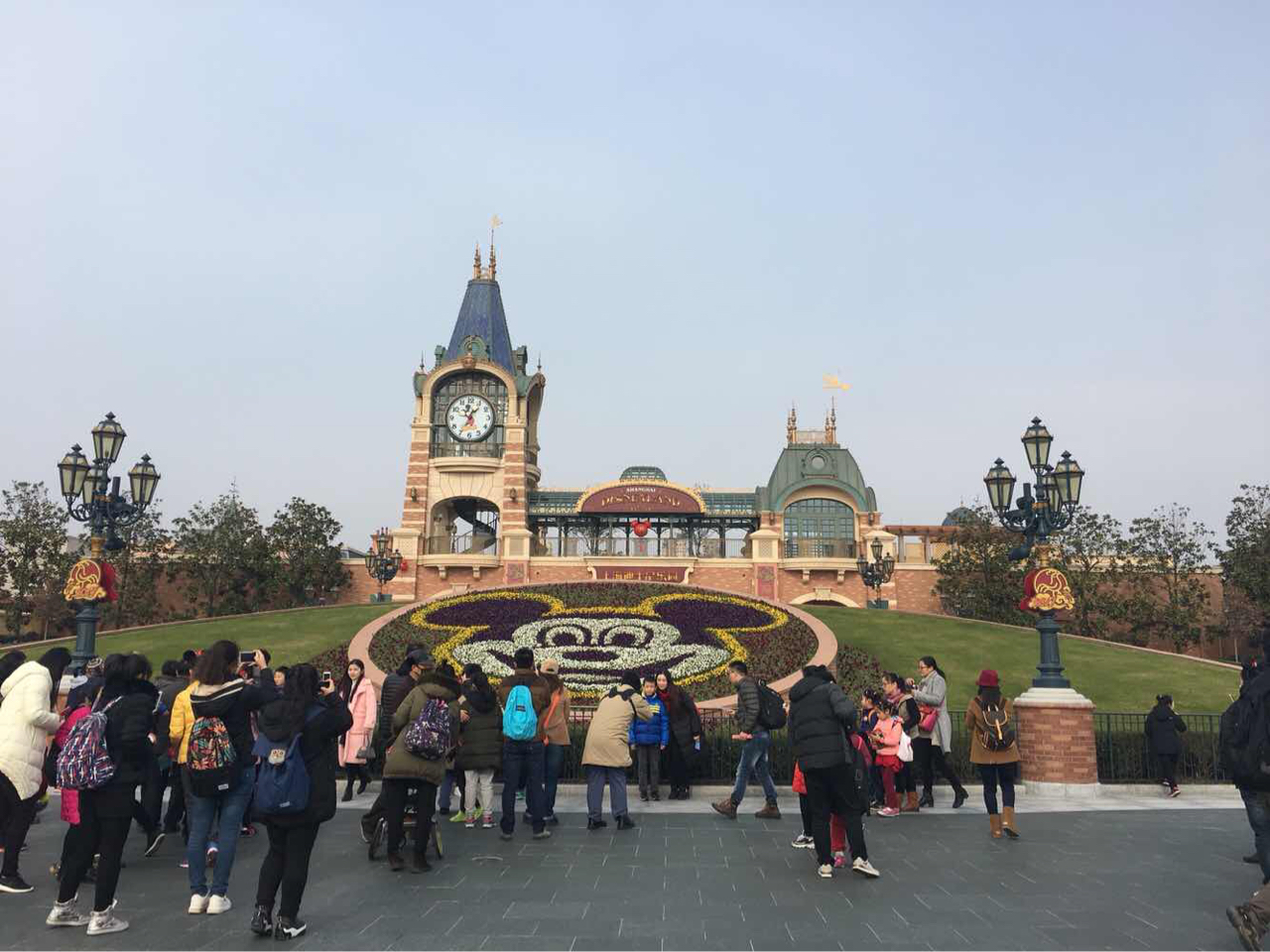
Thriving Theme Parks in China
Walt Disney’s US$5.5 billion theme park in China harvested a great successful year after opening in June 2016. According to its annual financial report, Shanghai theme park had already gained profit in its first full year of operations, much better than what its American headquarter had expected.
"That's an extraordinary achievement. I'm not sure we've ever done that. It’s a mark none of its resorts has been able to hit in the last 30 years,” said chief executive officer Bob Iger. “After the first year, I'm pleased to say that prospects are really strong for continued success and continued growth," he added.

In China, there is even potential for Disney to build a second park in the long run, Iger said, adding it would focus on the Shanghai resort first. And a Toy Story-themed land opening is planned this year.
"With the theme park, films, co-productions, Disney English and retail, they're creating an ecosystem to bring consumers in and foster a broader buzz and awareness," said Ben Cavender, Shanghai-based principal at China Market Research Group.
With the opening of its first resort in mainland China, Disney is banking on Chinese parents willing to spend lavishly on their children and a rising middle class intent on travel.
According to the report from Talking Data, the Shanghai Disney Park logged more than 11 million visitors in the first 12 months of operation, and 58 percent of them are among the age between 26 to 35, many of who are married and visited the park with their young children.
Shanghai Disneyland is the largest theme park being built in China but far from the only one. There has been a building boom in the wake of the growth of a strong middle class in China as the economy there has improved. Another 64 theme parks are in the pipeline. Other foreign companies also eyeing the Chinese market include Comcast's NBC Universal and Six Flags. Universal Studios is a building a theme park in China. The planned US$3.3 billion development in Beijing is scheduled to open next year. And U.S. operator Six Flags Entertainment Corp., is set to open two parks in China by 2020.
The opening up of policy has also contributed to the emerging sector. Last year, China has removed restrictions on foreign investment in large-scale theme park projects, opening up the possibility for new developments in what is already a hotbed for theme parks under development.
(About the Author: Licensing Project Manager of China Toy & Juvenile Products Association)